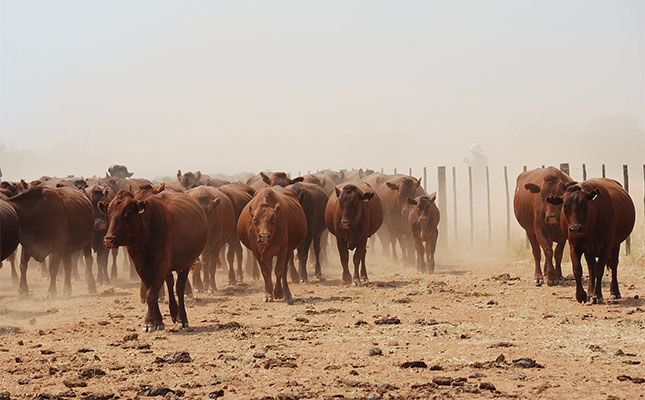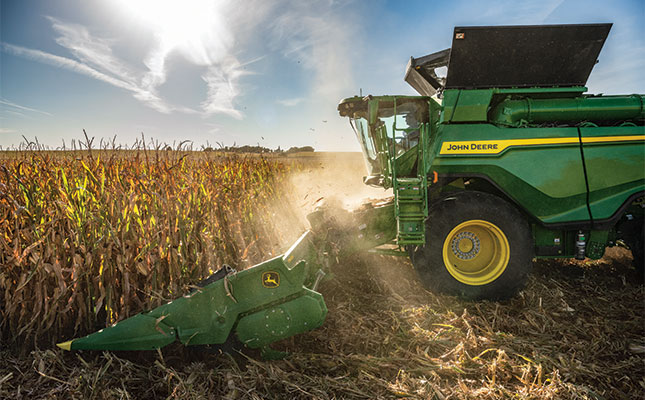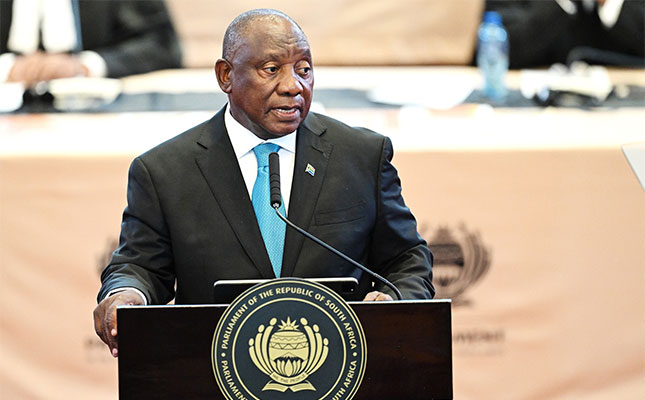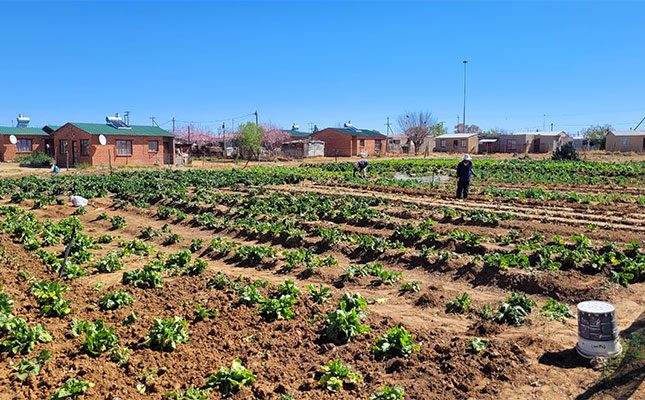
What was set to be a promising year for wheat yields in South Africa’s winter rainfall region has turned into a nightmare, with many farmers sending livestock to graze wheat fields that aren’t worth harvesting.
Farmers have been eagerly awaiting rain over the past month to push wheat yields to adequate levels. Earlier this week, the region received minimal rainfall, ranging from 8mm to 25mm.
Speaking to Farmer’s Weekly, Richard Krige, chairperson of Grain SA and a wheat farmer in Caledon, Western Cape, said the recent rainfall wasn’t enough to bring any meaningful improvement in yields.
“For many farmers, it’s too little, too late. The damage has been done,” he added.
The low yields are especially troubling since wheat prices have been depressed by lower global prices.
Dirk Strydom, managing director of Nampo, said wheat farmers were being “squeezed”” “I’m really worried about the winter rainfall region. The wheat yields aren’t there, prices aren’t there, and so margins are very tight.”
He added that, unlike in the maize industry where lower yields usually coincided with higher prices as supply and demand balanced out, this was not the case with wheat.
“Global wheat prices are low, and we have already reached import parity in South Africa. It is unlikely that the local prices will increase,” Strydom explained.
An application is currently pending to have the wheat import tariff increased to protect farmers from cheap imports.
Krige lamented that the process to have the tariff adjusted took too long: “There is a method to calculate the import tariff that everyone has agreed on, so the tariff should be adjusted automatically. We shouldn’t have to apply for an increase and wait months for it to be implemented.”
Commenting on farmers’ ability to recover from such disasters, Krige said the agriculture sector needed an instrument like the South African Special Risks Insurance Association cover, where the state and farmers could make contributions.
“Government should be playing a stronger role in safeguarding farmers against natural disasters. Food security, and our ability to effect transformation and settle new farmers on the land, hinges on it. We don’t want bailouts, but we need some kind of support,” he added.
Get trusted farming news from Farmers Weekly in Google Top Stories.
➕ Add Farmers Weekly to Google ✔ Takes 10 seconds · ✔ Remove anytime






